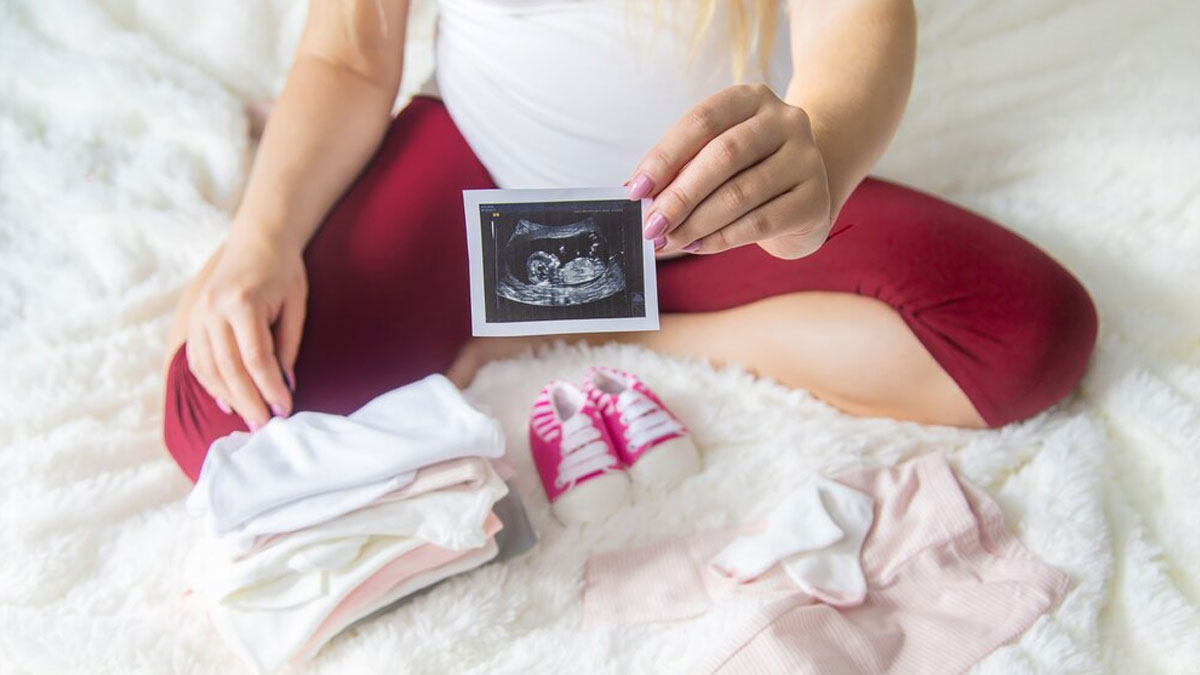
Childbirth can bring several changes to your body, including those affecting the vagina. You're likely to notice looseness, soreness, or even sharp pain after delivery. However, postpartum care can help address and improve vaginal health after childbirth. It is also important to understand that there is no shame in raising your concerns.
Table of Content:-
For those who are in the postpartum phase or are about to give birth, here's a guide to what to expect and how to take care of your vaginal health once you have given birth.
Also Read: Doctor Shares Preventive Tips To Keep Postpartum Infections Away
Vaginal Changes To Expect After Childbirth

After childbirth, women can expect many physical and emotional changes, such as sore breasts, hair loss, and mood swings, as their bodies adjust and recover from the birthing process, says Dr Teji Dawane, Senior Consultant - Obstetrician and Gynaecologist, Motherhood Hospitals, Whitefield, Bengaluru.
"It is also common for people to notice changes to their vagina after giving birth," she adds. These include:
- Vaginal looseness is a result of pelvic floor muscles losing a little tone.
- Vaginal dryness is due to the lack of oestrogen caused by breastfeeding.
- Bleeding and bloody discharge, i.e., vaginal discharge consisting of blood, mucus, and tissue, may last up to six weeks and gradually decrease over time.
- Soreness and swelling
These changes in your perineal area can affect how your body functions, and as a result, you may experience painful sex and even difficulty in bowel movements, Dr Dawane notes.
When Should You Seek Medical Attention?
After giving birth, your pregnancy journey may end, but your postpartum experience has just begun. It is crucial that new moms schedule frequent postpartum checkups with their OB-GYN. This is particularly important in case you experience any of the following concerning symptoms:
- Heavy, excessive bleeding that persists for more than a few weeks
- Large blood clots in lochia
- Vaginal discharge with a foul odour
- A fever of 100.4°F or higher, which may indicate an infection
How To Improve Vaginal Health After Childbirth

Let’s come to the good stuff now, which is how you can take care of your vaginal health and improve it after childbirth.
“After giving birth, the area around your vagina needs special care, and improving vaginal health includes a set of self-care practices, lifestyle adjustments, and medical interventions, if necessary,” says Dr Dawane.
Some practices to incorporate into your postpartum routine to support the healing process include:
- Keeping the vaginal area clean and dry to prevent infections; you can use water and, if needed, unscented soap to wash the external genital area and pat it gently after bathing.
- Applying ice packs or warm compresses to the perineal area will reduce swelling and discomfort. Doing sitz baths (sitting in a few inches of warm water)
- Indulging in kegel exercises, which can strengthen the pelvic floor muscles, involves contracting the muscles as if trying to stop the flow of urine, holding for a few seconds, then relaxing. Try to do three sets of 10 repetitions daily.
- Eating fibre-rich foods, staying hydrated, and considering stool softeners, if needed, to prevent constipation can help; straining during bowel movements can increase discomfort and slow the healing of the perineal area.
- Avoid using harsh soaps, scented products, and feminine hygiene sprays, as these can disrupt the natural pH balance of the vagina and increase the risk of infection.
Also Read: Postpartum Care: Here Are Some Post Delivery Tips And Precautions For New Mothers
Measures To Take If You Experience Pain And Discomfort

In case you experience pain and burning in the vaginal area postpartum, here are some tips to help alleviate discomfort:
- Place a cold pack or ice pack wrapped in a clean cloth on the affected area to ease swelling and pain.
- Soaking in a warm bath can help soothe the vaginal area and relieve discomfort.
- Wear loose-fitting, breathable cotton underwear and clothing to minimise irritation and allow airflow to the vaginal area.
- Practise relaxation techniques such as deep breathing or gentle pelvic floor stretches to help relax tense muscles and reduce pain.
Also watch this video
How we keep this article up to date:
We work with experts and keep a close eye on the latest in health and wellness. Whenever there is a new research or helpful information, we update our articles with accurate and useful advice.
Current Version